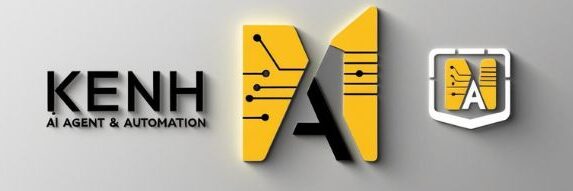MCP vs Traditional Automation: What’s Better for Your Team?
Introduction
As organizations embrace artificial intelligence to stay competitive, one major decision emerges: Should you stick with traditional automation, or adopt a Modular Control Platform (MCP)? While both approaches promise operational efficiency, the scope, scalability, and intelligence they offer are vastly different. Let’s break it down.
What is MCP vs Traditional Automation?
Traditional Automation
Rule-based systems designed to perform repetitive tasks with minimal human input. Examples include:
Robotic Process Automation (RPA)
Macros
Basic scripts and rule engines
Key characteristics:
Static workflows
Minimal learning capability
Useful for well-defined, unchanging processes
Modular Control Platform (MCP)
A next-gen orchestration layer that combines intelligent agents, modular workflows, and real-time decision-making. It’s like a brain that adapts and evolves across business units.
Key characteristics:
Dynamic, modular, and scalable
Integrates with AI agents, APIs, and legacy systems
Learns and optimizes over time
Key Components
| Feature | Traditional Automation | MCP Framework |
|---|---|---|
| Workflow Flexibility | Low | High |
| AI Integration | Limited | Native & Core |
| Decision Making | Rule-based | Adaptive with ML/AI |
| Scalability | Manual scaling | Modular, auto-scalable |
| Learning Capabilities | None | Reinforcement/feedback-based |
| Human-in-the-loop | Often required | Optional or automated fallback |
Real-world Applications
Traditional Automation:
Invoice formatting
Data migration
Sending batch emails
MCP:
Dynamic lead qualification based on behavior
Multi-agent coordination for customer support
AI-powered logistics optimization in real time
Case Study: AI Agent for Customer Service
Problem: High volume of repetitive queries and SLA delays
Traditional Automation: Used keyword-based routing and canned replies → limited flexibility
MCP Approach: Deployed AI Agent via MCP integrating OpenAI + HelpDesk + CRM
Results:
80% automation of Tier-1 queries
SLA breaches reduced by 60%
Team productivity improved by 40%
Agent now learns from every interaction
Challenges and Considerations
Cost & Complexity: MCP systems can have higher upfront costs and require advanced implementation
Training Time: AI agents and modular workflows may require initial tuning
Cultural Shift: Teams need to adapt from static to dynamic decisioning mindset
Data Requirements: MCPs thrive on rich data—clean pipelines are essential
Future Outlook
| Trend | Prediction for 2025+ |
|---|---|
| MCP standardization | More open-source frameworks (LangGraph, CrewAI) |
| AI + Automation convergence | Unified low-code platforms for business units |
| SMEs adopting MCP | Plug-and-play MCPs via SaaS offerings |
| Autonomous organizations | Teams built around AI agents + MCPs |
Conclusion
If your business thrives on predictable, repetitive tasks, traditional automation may suffice. But if you’re aiming for adaptive, scalable, and intelligent operations, MCP is the future-proof path. The real power lies in aligning your automation stack with business growth—today and tomorrow.
🚀 Want to Master AI Tools?
Join our recommended AI Mastery Course and start building your AI agents and smart workflows today!
